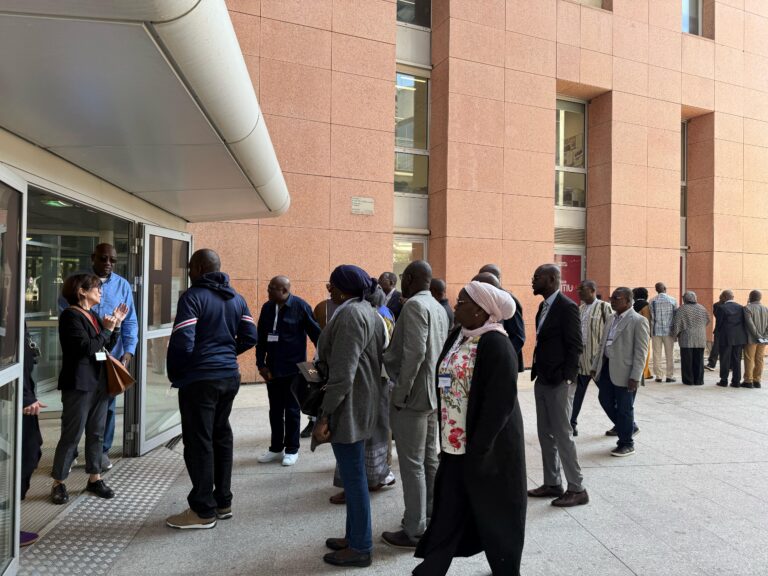Europe-Africa dialogue on quality assurance of research: a key milestone for QA-Doc and international academic cooperation
On May 15, 2025, Obreal, a partner in the QA-Doc project, organized and hosted an international webinar entitled “Strengthening Academic Research: European-African Perspectives on Quality Assurance” (recording available here). This event marked a key milestone in strengthening interregional synergies by creating a structured space for dialogue between African and European institutions committed to improving the quality of research in higher education.
Bringing together more than 60 participants from Africa, Europe, and other regions, the webinar addressed fundamental issues such as external evaluation of research, doctoral governance, and the development of shared quality standards. It thus contributed both to advancing the objectives of the QA-Doc project—dedicated to capacity building for sustainable doctoral research in Africa—and to enriching the European perspective on quality assurance practices.
European contributions, led by ENQA (European Association for Quality Assurance in Higher Education), the EUA Council for Doctoral Education (EUA-CDE), Hcéres (France), UKÄ (Sweden) and ANVUR (Italy), presented analyses and feedback on the integration of research evaluation into quality assurance processes at the institutional and national levels.
Similarly, representatives from UCAD (Cheikh Anta Diop University) and ANAQ-Sup (Senegal), both members of the QA-Doc consortium, highlighted the concrete results of the project, particularly in the development of quality standards, the structuring of doctoral training, and the strengthening of the capacities of African national quality assurance agencies.
Beyond its direct contribution to the QA-Doc project, this webinar is part of a broader dynamic of international academic cooperation. It reflects a shared commitment to stronger, more inclusive, and interconnected higher education systems that are capable of responding to global challenges while promoting regional specificities.



